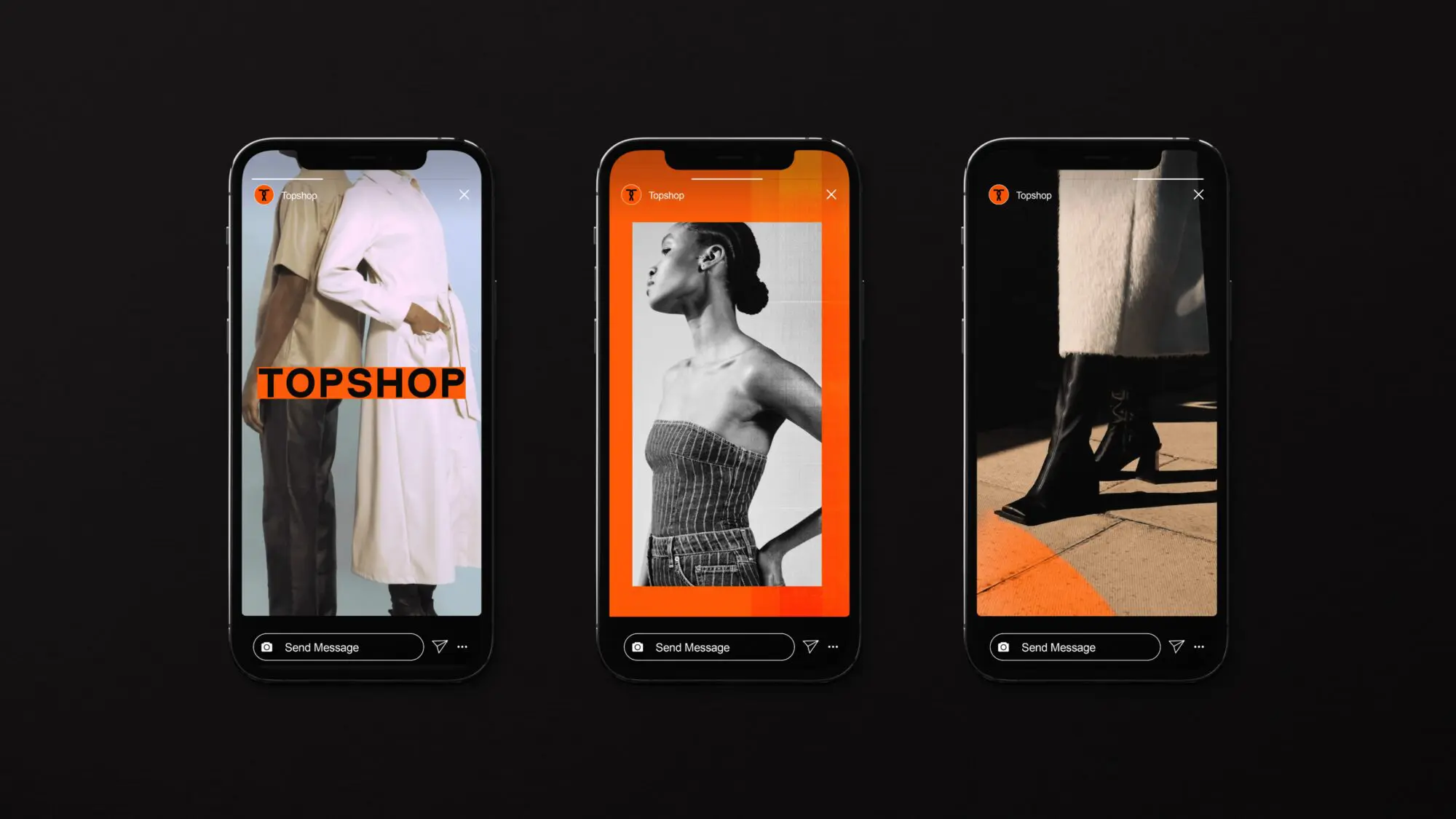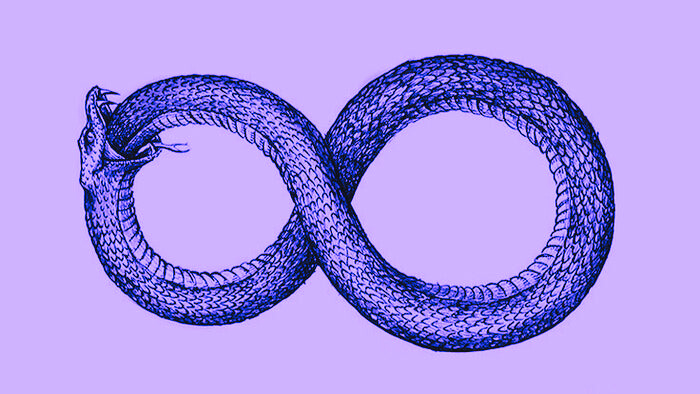In a world where every campaign is optimised, measured, and dissected in real-time, Wonderhood is betting on something rarer: real creativity.
"Advertising is eroding," says Alex Best, co-founder of creative agency Wonderhood Studios. "So much of what we're making now doesn't look or feel like traditional advertising, it's shaped by what people actually watch, what they share, what makes them feel something.”
In an industry obsessed with performance metrics and automated targeting, Wonderhood is making a different bet: that in the age of sameness, creativity is the only true advantage.
"AI levels the playing field," Alex explains. "What still breaks through, what actually shifts culture, is great creative work. That’s where the edge is."
Not a breakaway, a boy band
Founded by former Channel 4 chief executive David Abraham, Wonderhood Studios emerged from a vision to bring together a world class creative agency and TV production company under one roof. Unlike the typical agency origin story of creatives breaking away from established firms, Wonderhood was assembled more like "a boy band," with Abraham handpicking founding members who shared values but brought diverse expertise.
"We all came from places where we’d made famous, effective work, but it was much more a boy band than a breakaway," notes Alex, who joined from Wieden+Kennedy alongside Aidan McClure (founder of BBC Creative) and Jess Lovell (former executive planning director at Adam and Eve).
What united this founding team wasn't just creative pedigree but a shared commitment to doing things differently. "It's a different shape. We're not just another advertising agency," Alex reflects. This evolution has positioned Wonderhood not as a traditional agency but as a creator of cultural equity for brands.
The studio model: Where great ideas come from
Central to Wonderhood's methodology is its unique studio structure, with advertising, TV production, design, social, and customer experience teams all working side by side. This arrangement fosters a creatively rich environment where ideas can travel across different channels and formats.
"The TV studio is our biggest differentiator," Alex emphasises. "The fact that we have produced BAFTA-nominated TV shows and sit side by side in the office, there's not separate floors or anything. All the creatives muck in, in one space."
Their work with Three Mobile demonstrates how this model translates to commercial impact, helping the brand evolve from targeting young people to attracting a broader audience, a strategy that has delivered impressive results, winning both IPA and Effie effectiveness awards.
"In terms of effectiveness, we've won two effectiveness awards for Starling Bank," Alex notes. "Not only has the creative work been great and brand measures have shifted, we've actually seen sales shift. I think Starling has grown 380% since we started working with them."
A culture built on three values
Walk into Wonderhood's townhouse offices and you'll notice the creative energy - "It feels very fun," Alex says. "There's lots of conversations going on. And what you'll see is rather than siloed departments, everyone is mixed in. You wouldn't know who's a creative, a planner or in account management, and that’s the point."
This atmosphere is underpinned by three core values: build, push, and care. "We work together to build ideas," Alex explains. "When we're debating creative or debating anything, it's done in a really positive way rather than tearing things down." This approach encourages what he calls "strong views, lightly held."
"Push is something we've brought in to make sure we're getting to the very best ideas possible," he continues. "Are we pushing enough? Is this idea different enough? Have we gone that extra mile?"
The third value - care - is fundamental to how the agency runs, “Care is about how we treat each other, how we obsess over detail, how deeply we understand our clients’ challenges,” Alex says, “ We care about the people, the work, and the outcome."
Data-Driven Creativity: Method to the Madness
While creativity sits at the heart of Wonderhood's approach, it's underpinned by robust data capabilities that the agency leverages to uncover unique insights.
"All of our thinking is really underpinned by smart data," Alex notes. "We're not plucking things out of thin air, there is method to the madness."
One way this data-driven approach comes to life is through what the agency calls "supercharged social listening", mining cultural conversations for creative opportunities. For Waitrose, they spotted the upcoming Garfield movie's potential and created a mock-up of lasagna flavored cat food that went viral, even getting mentioned on BBC Radio 1.
"The DJ heard about it on social media and went out to buy some," Alex laughs, illustrating how the right creative idea can transcend paid media to generate earned cultural impact.
The Creative Renaissance Ahead
Looking to the future, Alex sees an industry at an inflection point. After 15 years where programmatic targeting and efficiency have reigned supreme, he believes creativity is poised for a comeback.
As brands increasingly recognise that targeting capabilities alone won't differentiate them in a crowded marketplace, agencies that can deliver distinctive creative ideas with commercial impact will be positioned to lead. “It’s mad to think targeting alone can replace a good idea. That’s not how humans work. If you want attention, you need something worth watching."
For marketers seeking to break through in increasingly homogeneous categories, the message is clear: the future belongs to those who can balance data-driven insights with genuinely distinctive creative ideas that resonate in culture. And agencies like Wonderhood Studios - with their integrated studio model, effectiveness credentials, and care-centered culture, are ready to show the way.
.jpeg)


.avif)
.png)

.jpg)

